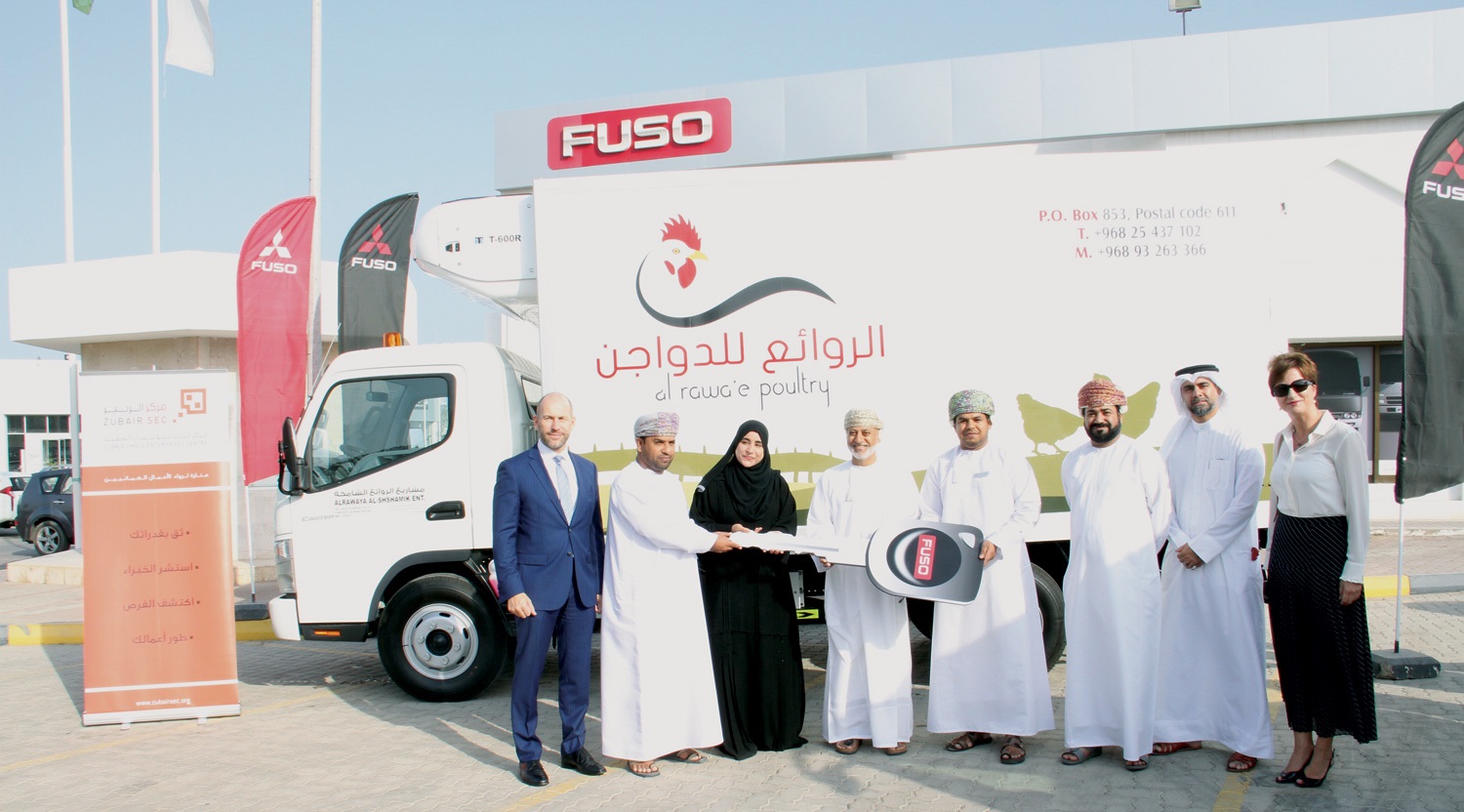ICV team was established to assure that our clients have all the ICV opportunities identified. The ICV targets are well integrated into their tender documents & processes and ICV is monitored and reported throughout the execution stage, says Said Al Sarhani, ICV Director, Takatuf Oman in an interview with Oommen John P.
Can you tell us about Takatuf?
Takatuf is the strategic provider of innovative Human Capital solutions. Since it was established as an independent entity in 2013, Takatuf have been responding to Oman’s workforce development needs and providing strategic, innovative Human Capital solutions for a wide variety of corporate and institutional needs across the Sultanate. Takatuf operates in four key areas: Human Capital; Talent Development; Takatuf Scholars; and In-country Value (ICV) – Offering guidance to develop the Sultanate’s economy to benefit the country’s people and businesses.
What is ICV?
The total spends retained in country that benefits business development, contributes to human capability development and stimulates productivity in the national economy.
What is the role of the Takatuf ICV team and how does that impact SMEs?
Several leading companies in the Sultanate understand the importance of supporting local SMEs to contribute to the economy’s development and are committed to implement the necessary changes to make that happen.
In the Oil and Gas industry, the ICV plan is a must in all projects, and operation & maintenance tenders.
The ICV involves two different initiatives that can benefit SMEs:
As per the country’s law (applicable to government owned companies by 50 per cent and above) 10 per cent of any tender should be allocated to SMEs.
Additionally, through development of national suppliers, development opportunities are identified during the bidding process as part of the ICV plan.
Both are great initiatives to boost SMEs development, as there are numerous projects planned. It is a chance for the SMEs to do business and also commit to improve the high technical and HSE standards and meeting the project schedule of the industry.
Our role in Takatuf is to ensure effective implementation and monitoring of overall ICV development: The focus is to integrate SMEs initiatives into the tender documents, evaluate during tender evaluation process, monitor & report during the execution of the projects and review the whole process in order to learn and improve ICV programmes for the upcoming projects.
To ensure that these initiatives are successfully achieved throughout the value chain, we integrate the targets not only for the main contractors, but it includes the sub-contractors and suppliers.
I believe that understanding the importance of delivering ICV and specifically SMEs initiatives in a day to day business operation is vital for sustainability. Accordingly, we have designed and delivered several awareness and training sessions for executives and contract & procurement professionals.
Today, most of Oil and Gas operators have an ICV department and expertise to support SMEs.
For the oil and gas industry, all suppliers are registered in one common platform called JSRS (Joint Supplier Registration System), where the SMEs products and services would be visible to all operators.
What are the challenges facing the SME sector?
From an operator’s perspective I would say:
SMEs need to comply with the industry specific requirements, in terms of technical expertise, HSE and meeting the delivery time of projects, which often represents a challenge to SMEs.
The expectation of SMEs from operators in terms of incubation and awarding of long term contracts.
Industry knowledge and know-how need to be encouraged to drive the SMEs success for the industry.
Due to complexity and criticality of the operation of the industry, start-up SMEs are perceived as a risk to the business.
On the other hand, from a SMEs perspective:
To ensure sustainability, most of the SMEs are lacking long term forecast of the upcoming opportunities due to the lack of involvement in plans of upcoming projects.
To create more opportunities to SMEs, the unbundling of big contracts would be beneficial.
Few opportunities for SMEs to enter the market through trial basis of SMEs products and services, especially into the more complex and critical operations.
In addition, there is also a mismatch between the size and value of the industry projects and the definition of SME. According to the Public Authority for SMEs – the definition of medium enterprise states that it has to have less than 100 employees or a turnover up to RO1.5mn, whereas, in the oil and gas industry the least contract can be awarded exceeding the limit of medium enterprise definition.
Investing for the Future
To report this post you need to login first.






